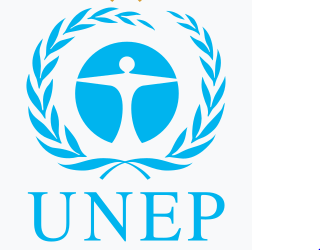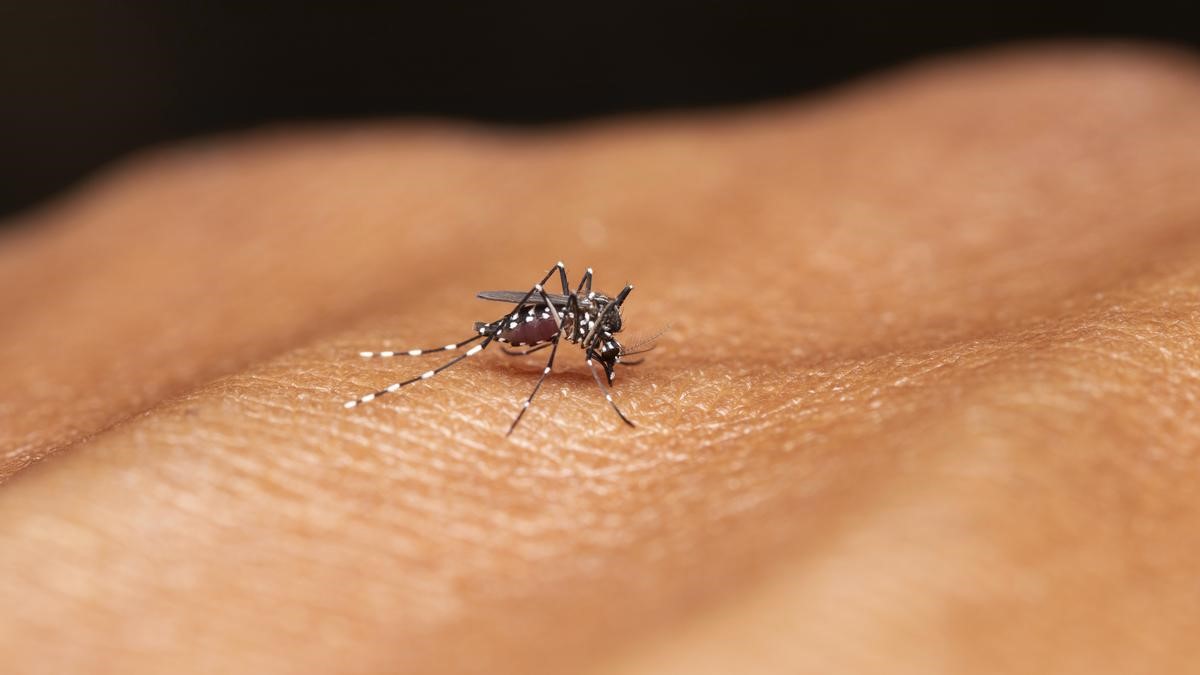Description

Copyright infringement is not intended
Context: The Fifth UN Environment Assembly concluded in Nairobi with 14 resolutions to strengthen actions for nature to achieve the Sustainable Development Goals.
- The Assembly is made up of the 193 UN Member States and convenes every two years to advance global environmental governance.
- The world's ministers for the environment agreed to establish an Intergovernmental Negotiating Committee with the mandate to forge an international legally binding agreement to end plastic pollution.
- A second key resolution was establishment of a comprehensive and ambitious science policy panel on the sound management of chemicals and waste and preventing pollution.
- In the spirit of the UN Decade for Ecosystem Restoration, a third key resolution focuses on nature-based solutions: actions to protect, conserve, restore, sustainably use and manage ecosystems. It calls on UNEP to safeguard the rights of communities and indigenous peoples.
- Resolutions adopted are
- A resolution on minerals and metals calls for the development of proposals to enhance their environmental sustainability along their full lifecycle.
- A resolution on sustainable lake management calls on member states to protect, conserve, and restore, as well as sustainably use lakes, while integrating lakes into national and regional development plans.
- A resolution on sustainable and resilient infrastructure encourages member states to integrate environmental considerations in all their infrastructure plans.
- A resolution on animal welfare calls on member states to protect animals, protecting their habitats and meeting their welfare requirements.
- A resolution on biodiversity and health calls on member states to reduce health risks associated with trade in live wildlife captured for the purposes of food, captive breeding, medicines and the pet trade, through regulation and sanitary controls.
- A resolution to accelerate actions to significantly reduce nitrogen waste from all sources, especially through agricultural practices, and saving $100 billion annually.
- A resolution on the environmental dimension of a sustainable, resilient and inclusive post-Covid-19 recovery" to strengthen measures to achieve a sustainable, resilient and inclusive global recovery.
About the United Nations Environment Programme (UNEP):
- It is responsible for coordinating responses to environmental issues within the United Nations system.
- It was established after the United Nations Conference on the Human Environment in Stockholm in June
- Its mandate is to provide leadership, deliver science and develop solutions on a wide range of issues, including climate change, the management of marine and terrestrial ecosystems, and green economic development.
- The organization also develops international environmental agreements; publishes and promotes environmental science and helps national governments achieve environmental targets.
- As a member of the United Nations Development Group, UNEP aims to help the world meet the 17 Sustainable Development Goals.
- UNEP hosts the secretariats of several multilateral environmental agreements and research bodies, including The Convention on Biological Diversity (CBD), The Minamata Convention on Mercury, The Convention on Migratory Species and The Convention on International Trade in Endangered Species of Wild Fauna and Flora (CITES).
- UNEP is also one of the Implementing Agencies for the Global Environment Facility (GEF) and the Multilateral Fund for the Implementation of the Montreal Protocol.
https://www.business-standard.com/article/international/un-environment-assembly-ends-with-14-resolutions-to-save-nature-122030300227_1.html











